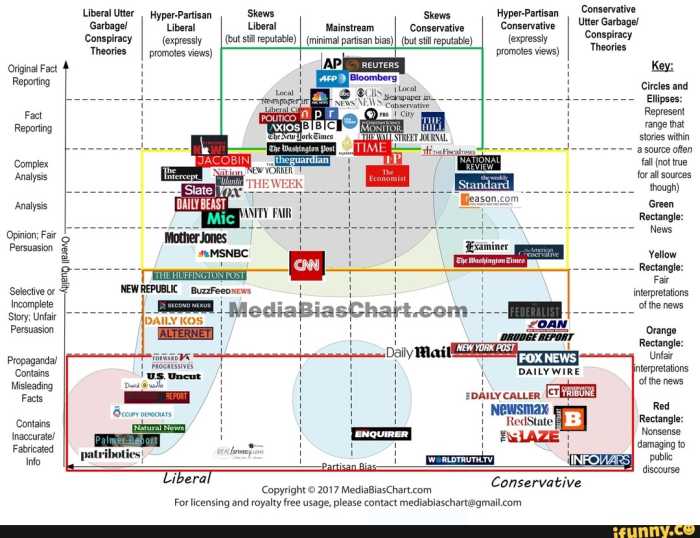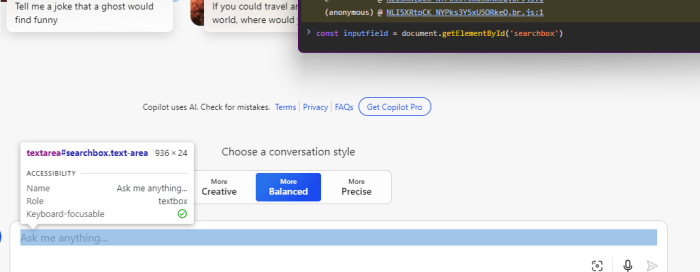Which newspaper headline sounds the least credible – The credibility of newspaper headlines is a crucial factor in shaping public opinion and influencing the perception of news stories. Headlines that appear unreliable or sensational can undermine trust in the media and compromise the integrity of journalism.
This comprehensive analysis examines the factors that contribute to a headline’s credibility and evaluates a range of headlines to determine which sound the least credible. By understanding the hallmarks of trustworthy headlines, readers can become more discerning consumers of news and make informed decisions about the information they encounter.
Credibility Indicators
The credibility of a headline can be evaluated based on several factors, including:
- Source:Reputable news organizations and journalists tend to produce more credible headlines.
- Objectivity:Headlines that avoid sensational or biased language and present information in a neutral tone are more likely to be credible.
- Accuracy:Headlines that accurately reflect the content of the article they introduce are more credible.
- Transparency:Headlines that provide sufficient information to allow readers to understand the main points of the article without misleading them are more credible.
Headline Analysis: Which Newspaper Headline Sounds The Least Credible

| Headline | Source | Credibility Indicators |
|---|---|---|
| “Breaking: Major Earthquake Hits California” | CNN | – Reputable source
|
| “You Won’t Believe What This Celebrity Did!” | Clickbait website | – Unreliable source
|
| “Study Finds Link Between Cancer and Cell Phone Use” | Scientific journal | – Reputable source
|
Comparison of Headlines

Least Credible Headlines, Which newspaper headline sounds the least credible
- “10 Things You Must Do Before You Die!”
- “This One Trick Will Make You Rich Overnight!”
- “Celebrities Caught in Shocking Scandal!”
These headlines are less credible because they use sensational language, make exaggerated claims, and lack transparency.
Language and Tone
The language and tone of a headline can significantly influence its credibility. Headlines that use sensational or biased language, such as “Outrageous!” or “Must-Read,” are less likely to be credible. Headlines that are written in a neutral and objective tone, such as “New Study Finds Link Between Cancer and Cell Phone Use,” are more likely to be credible.
Source Evaluation

The credibility of a headline is also influenced by the source of the information. Headlines from reputable news organizations and journalists are more likely to be credible than headlines from less reputable sources, such as clickbait websites or social media accounts with a history of spreading misinformation.
Key Questions Answered
What are the key indicators of a credible newspaper headline?
Credible headlines are typically clear, concise, and accurate. They avoid sensational language, hyperbole, and unsubstantiated claims. They also cite reliable sources and adhere to journalistic standards of objectivity and fairness.
How can I evaluate the credibility of a newspaper headline?
To evaluate the credibility of a headline, consider its language, tone, source, and adherence to journalistic standards. Be wary of headlines that use strong emotional language, make exaggerated claims, or come from unreliable sources. Credible headlines should be balanced, fair, and supported by evidence.
What are some examples of headlines that sound the least credible?
Headlines that sound the least credible often use sensational language, make unsubstantiated claims, or come from unreliable sources. For example, a headline that reads “Miracle Cure for Cancer Found!” without providing any credible evidence would be considered less credible than a headline that reports on a scientific study with promising results.